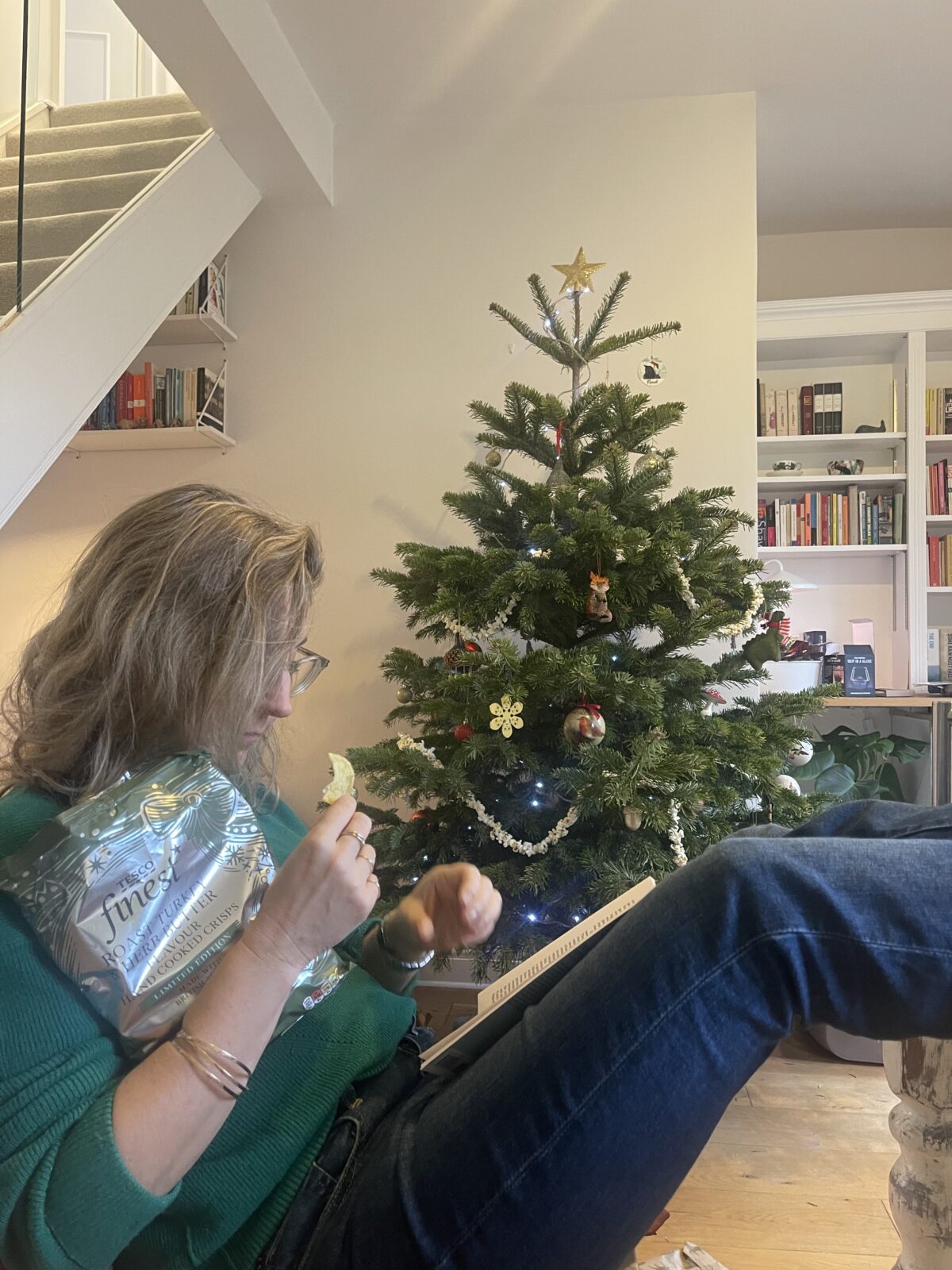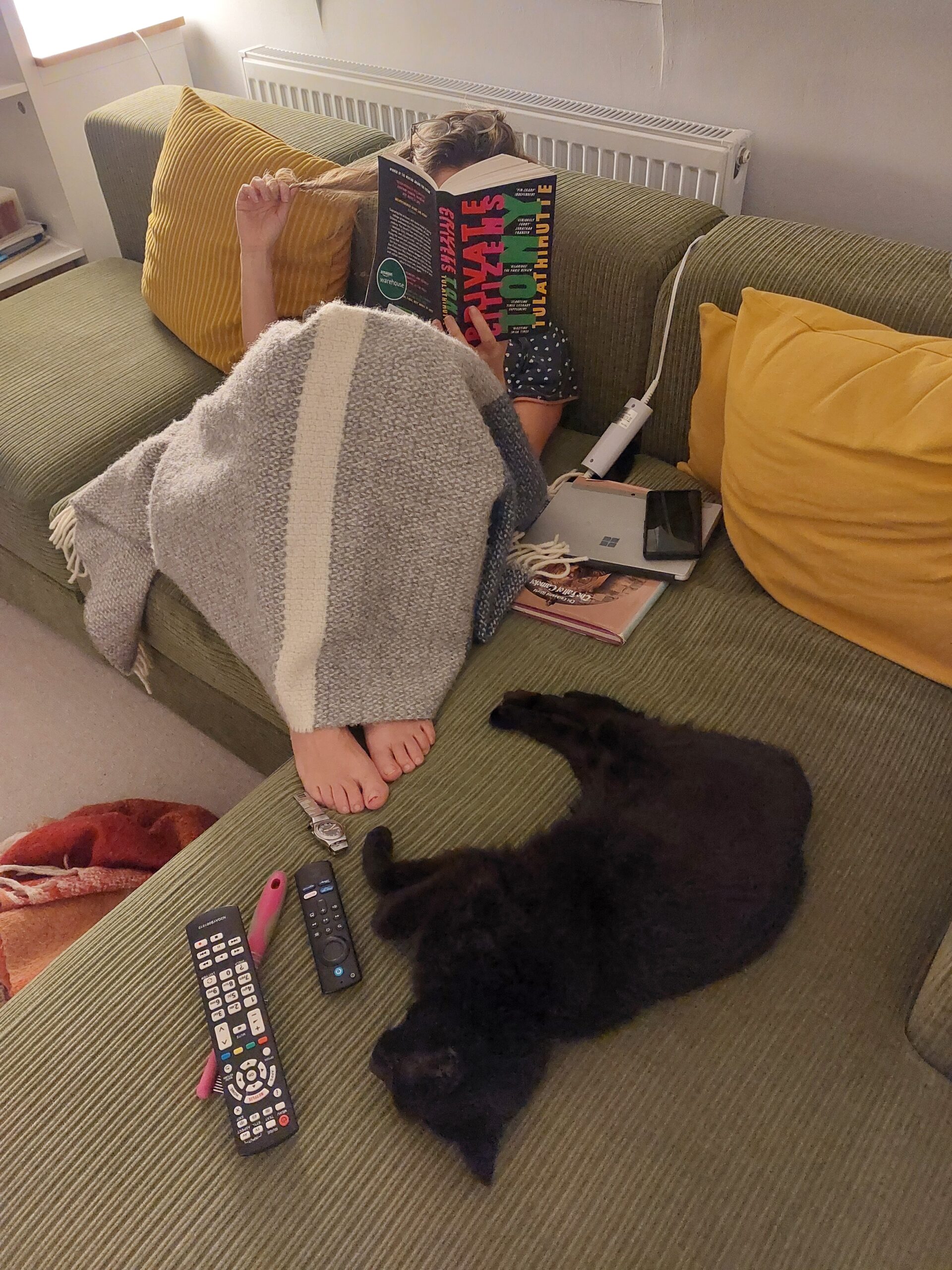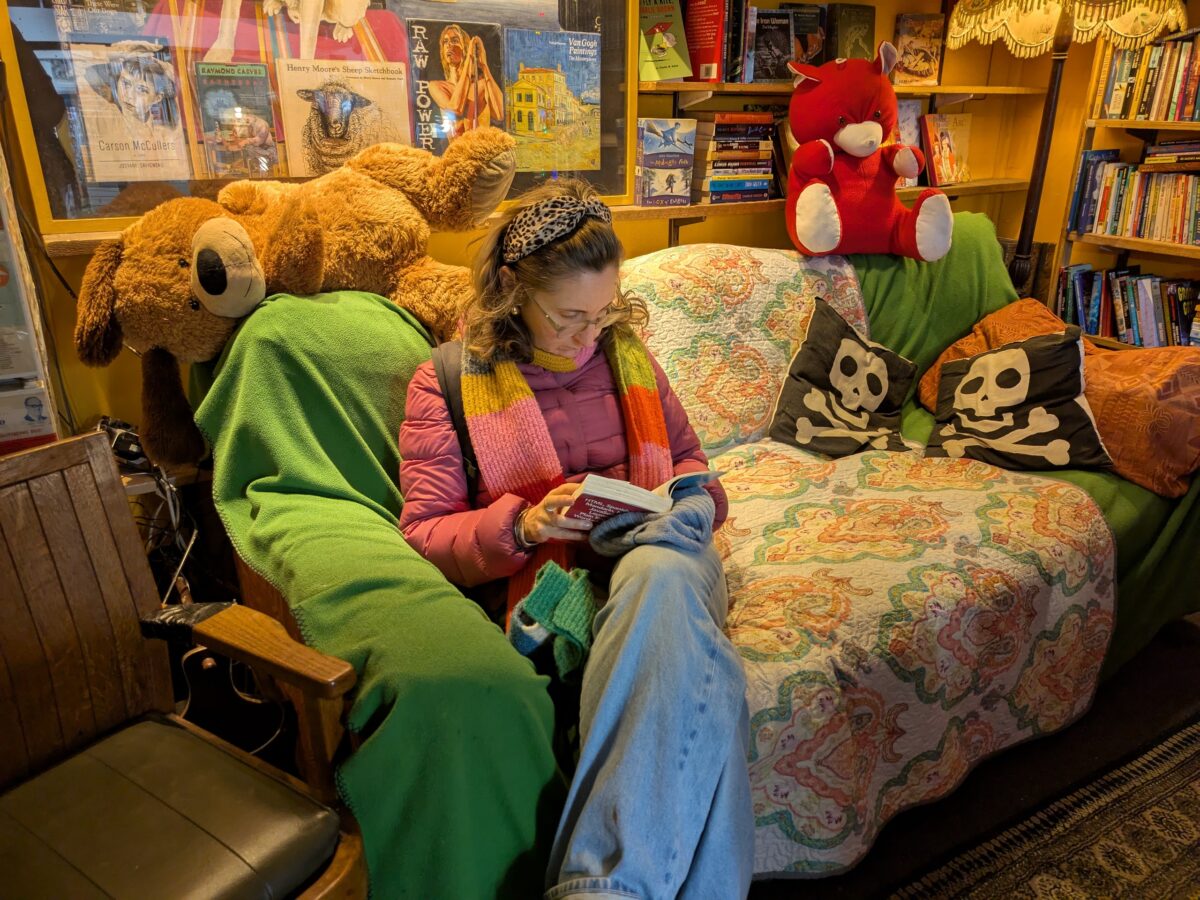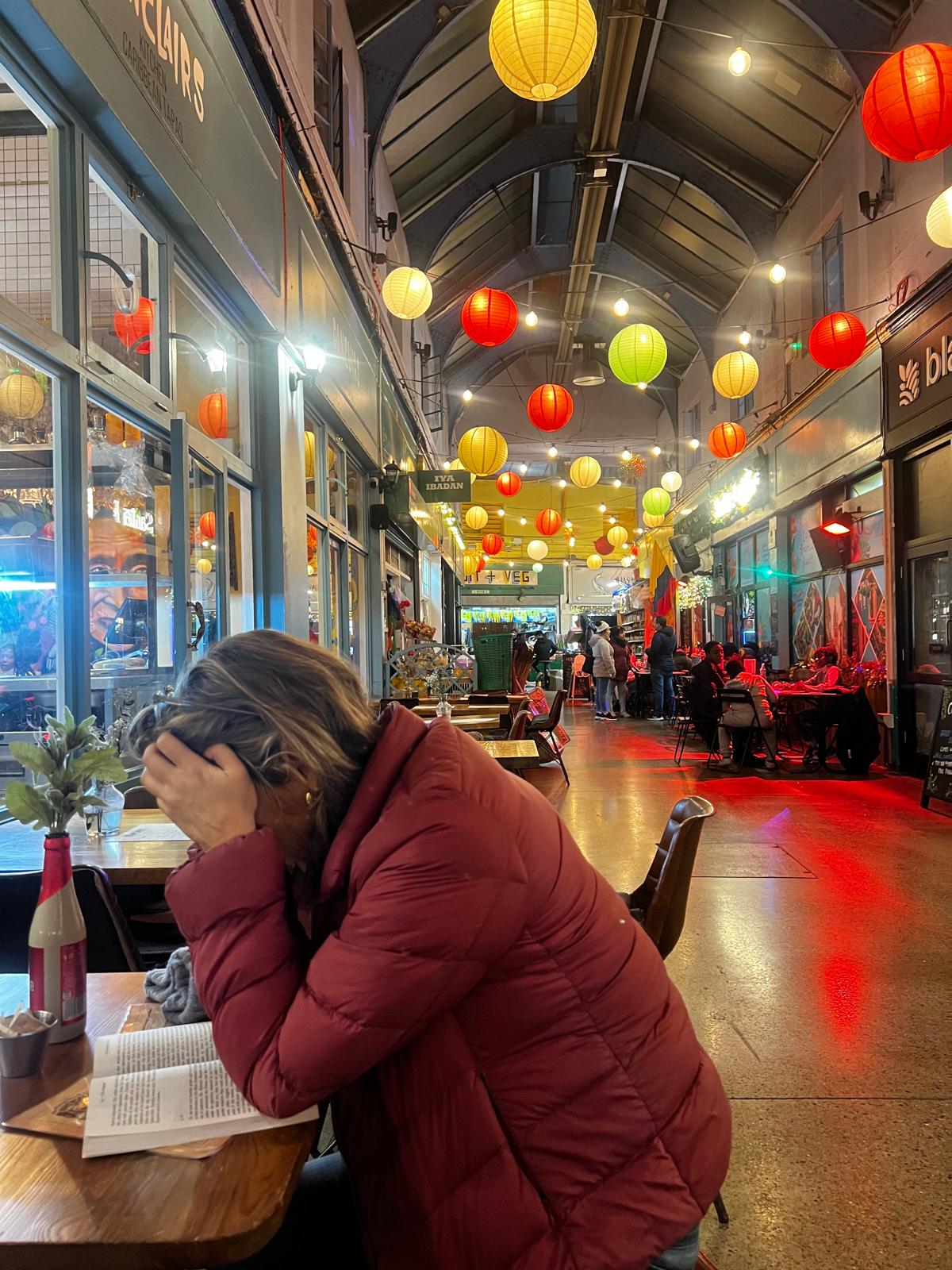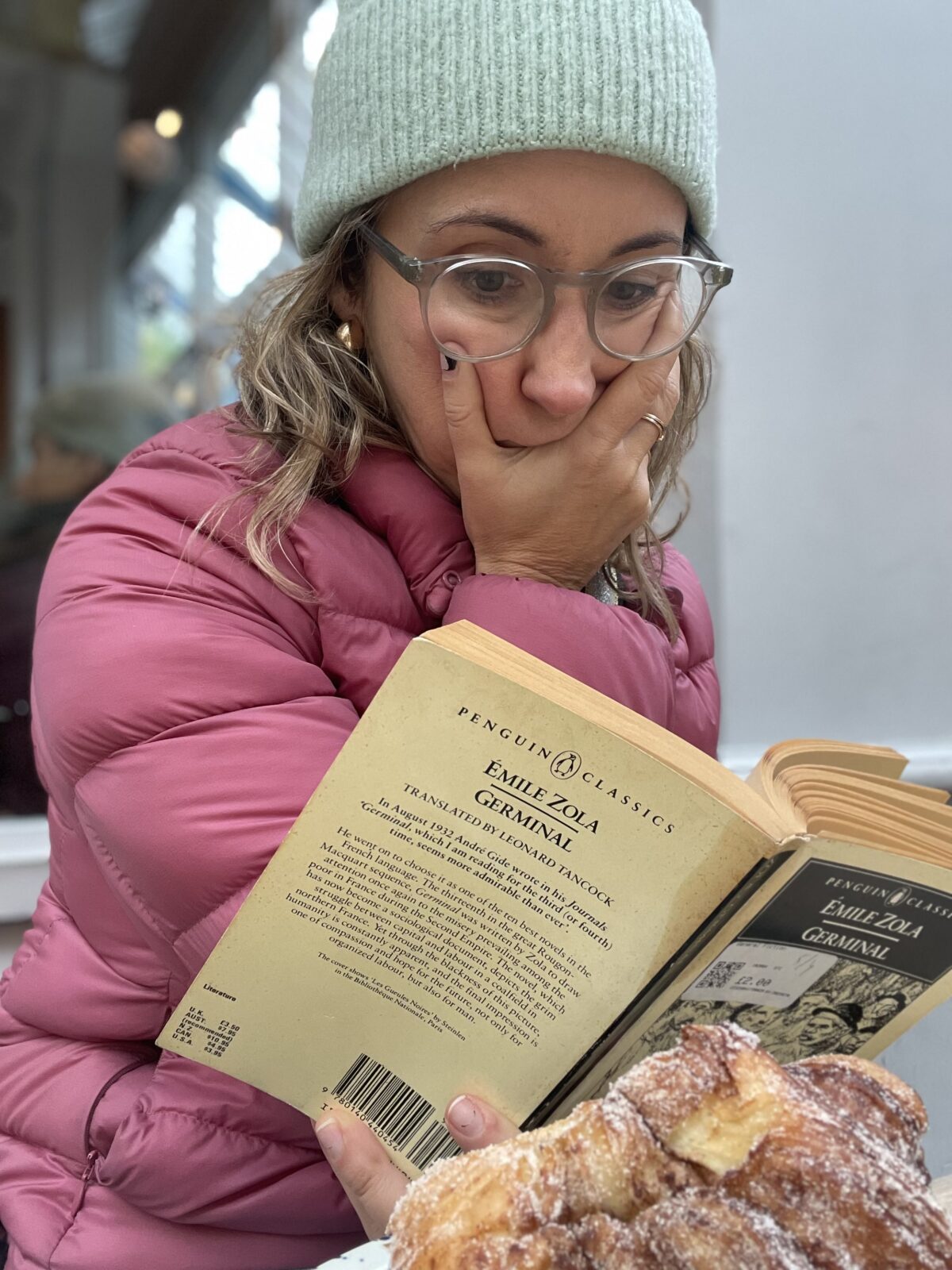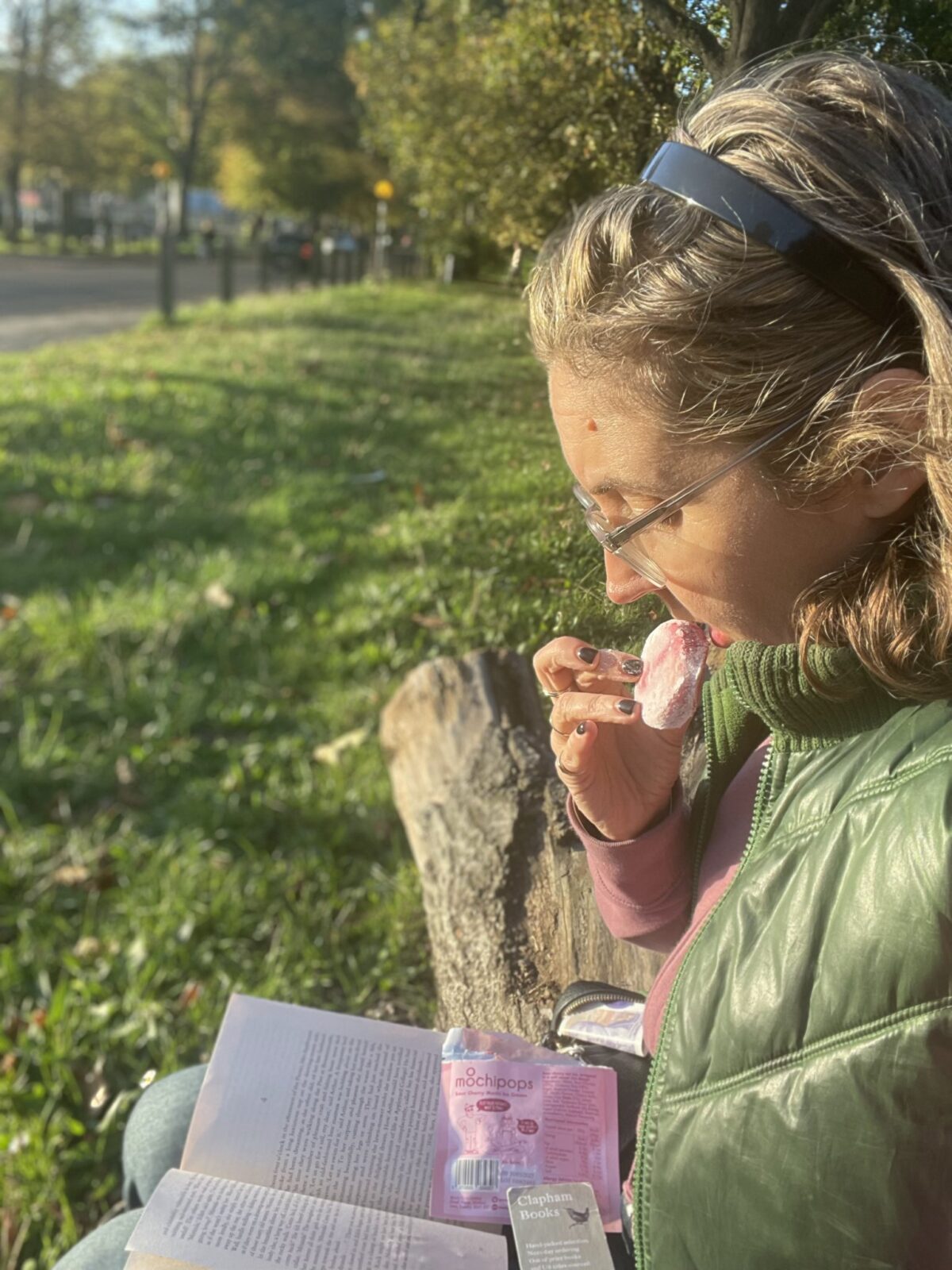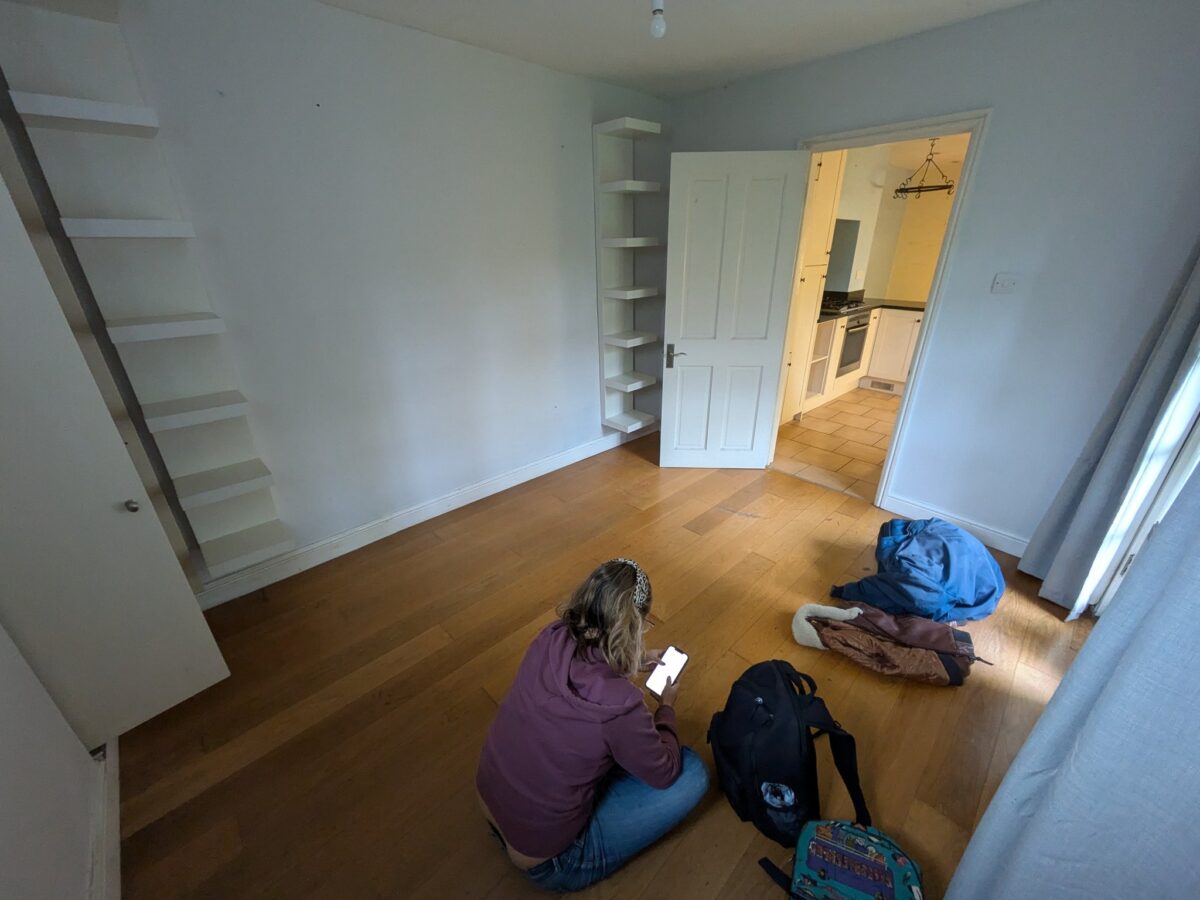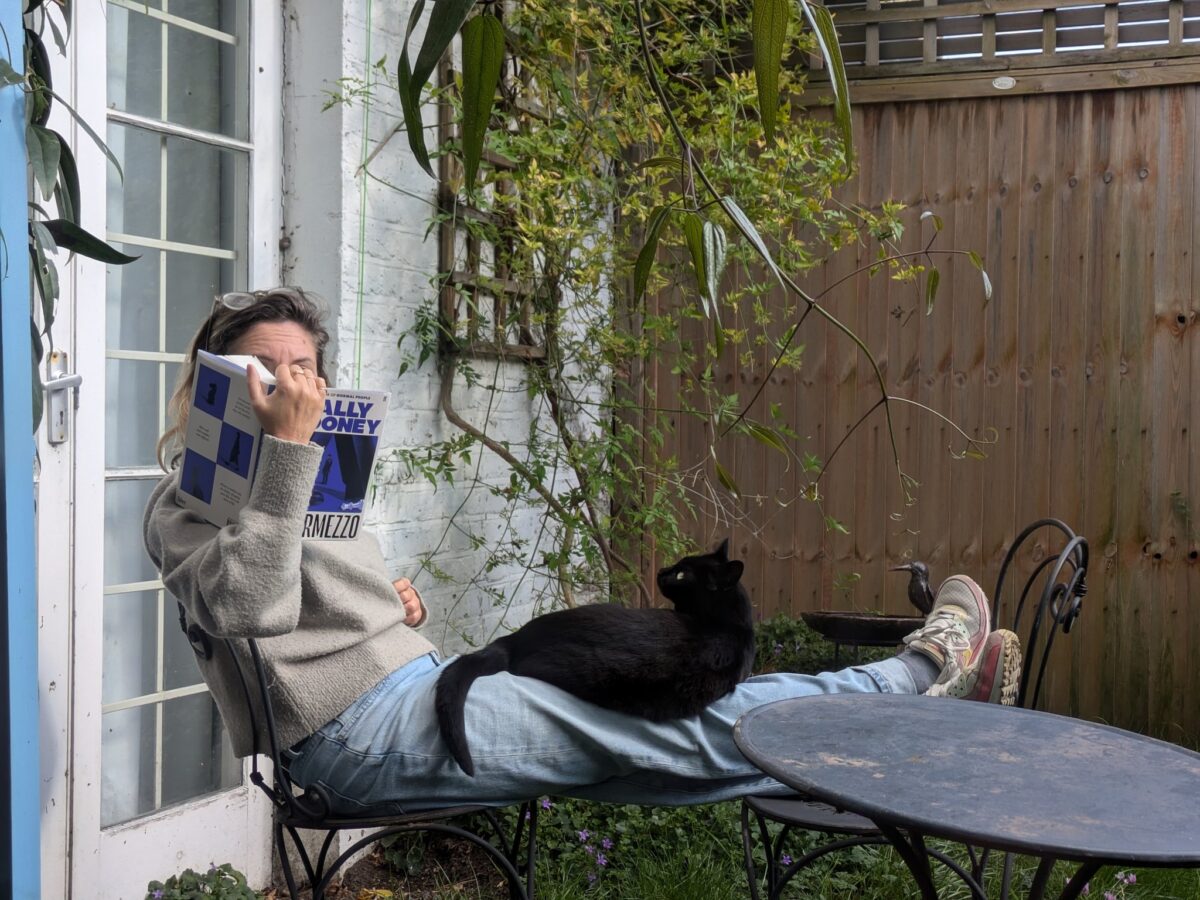This novel is about a girl born to a 14 year old waitress. The waitress has a big family, who help her with child care, so it is a lot about that family. It is kind of an uplifting story of small town life, until the waitress marries a man who starts sexually abusing the child. The child eventually tells an aunt, so the mother removes them from the man; but then he ‘promises’ not to do it again, so they go back. The mother tries to make sure they are never alone together. Great solution! Then he rapes her really brutally, and the mother walks in on it. The child goes to hospital, but her mother DECIDES TO MOVE TO CALIFORNIA WITH THE MAN (!?!).
This just seems so awful as to not really be believable, but I’m sorry to tell you that apparently this is a lightly fictionalized version of the author’s life. To be fair, her mother never actually left her, but she did make them all live together even once she was aware of the ongoing abuse. He even gave her an STD, which left her permanently infertile. Sounds like a gruelling read, and it sort of was, but it also wasn’t, because I guess of the courage of the author, who has rebuilt her life with amazing courage. I learn from the Introduction that the book has been banned from schools on many occasions. I know that people who make sure bans like to claim they are protecting children, but I think we all know who this actually protects.
There was an interestng line to a character recently bereaved: Now you look like a Boatwright. Now you got the look. You’re as old as you’re ever gonna get, girl. This is the way you’ll look until you die.


